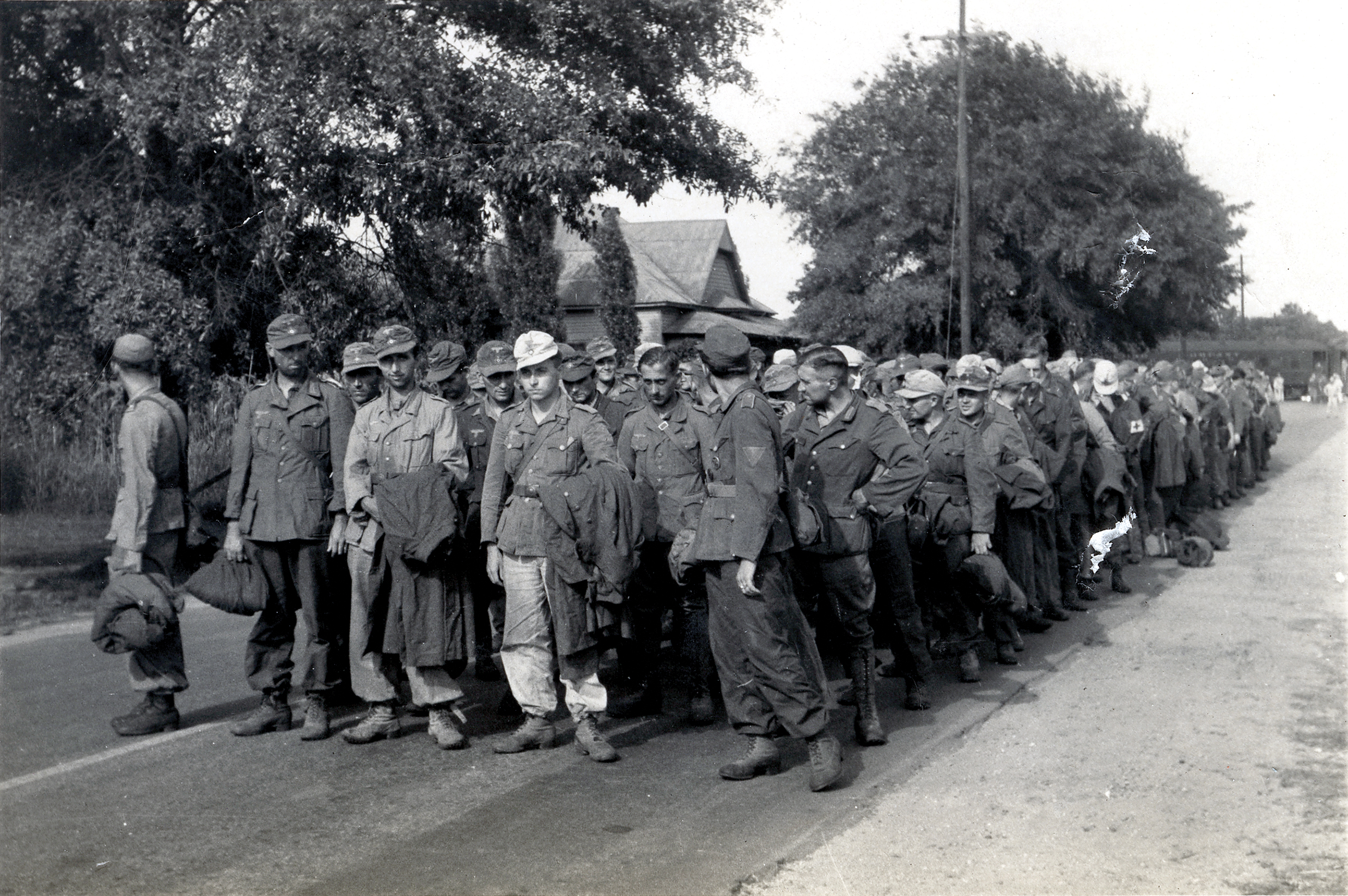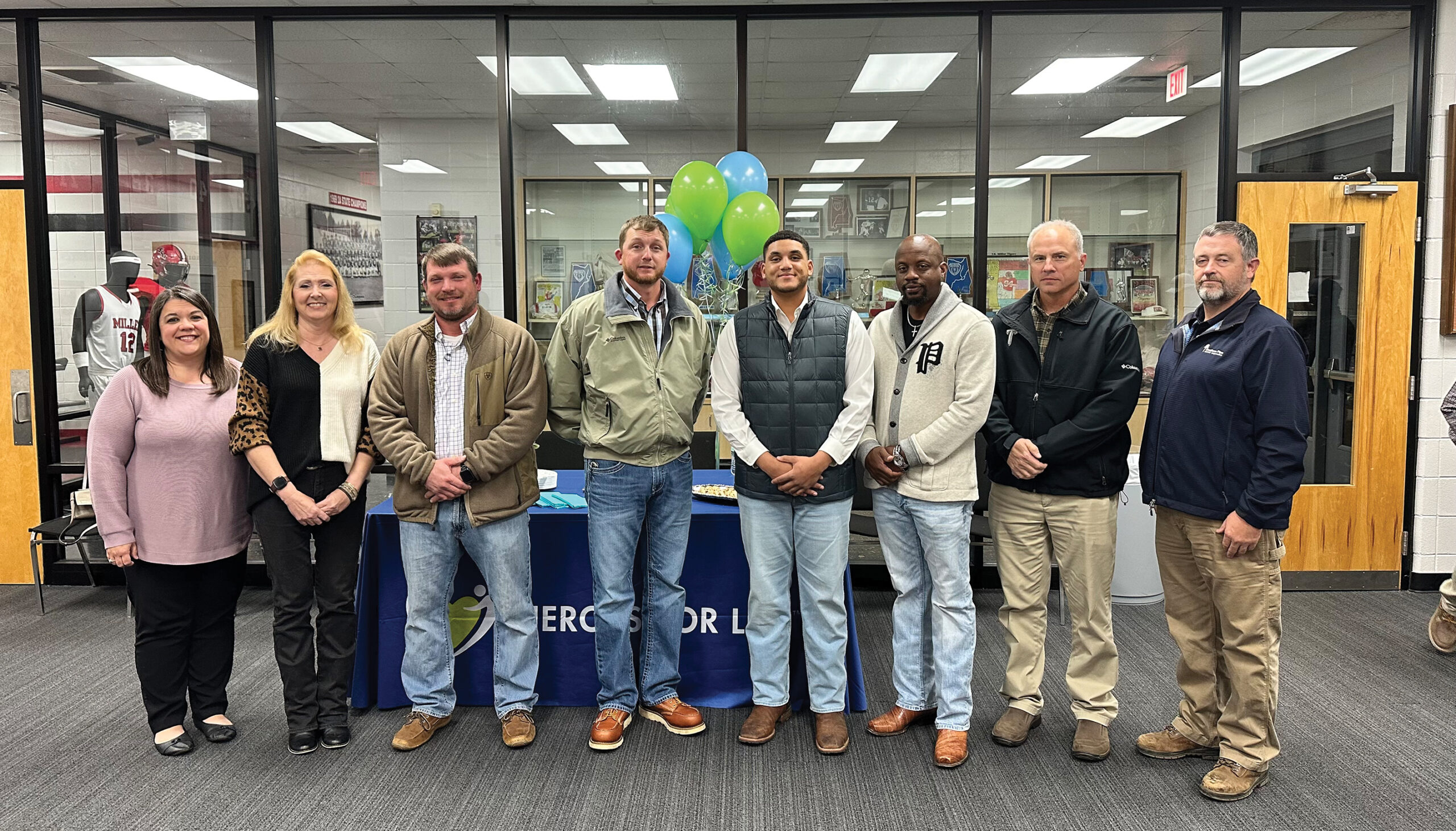 By Donna Bayless and Sharon Winter
By Donna Bayless and Sharon Winter
Have you ever followed a car that was weaving all over the road and thought, “I bet that person has been drinking?” Maybe you pulled up next to them at a red light and realized, instead, they were on their phone.
We know we shouldn’t drive when drinking. Why do we think it’s OK to drive when we’re on our phone?
Maybe because our phones are our lifeline to the outside world. Think of them this way: Our phones are a movie theater, mailbox, library, sports arena, newspaper, GPS, weather guy, calendar and a huge party with all our friends and acquaintances rolled into one tiny little box.
Now, it’s one thing if you miss some dialogue from tonight’s episode of “This is Us” because you’re texting your best friend your plans for the weekend. You can always rewind the DVR, right?
But what if you take that need to look at your phone every five minutes into the car with you and you miss a stop sign? Or the car in front of you that stopped suddenly to avoid hitting the black lab that darted into the road? You can’t hit rewind on a car crash.
Driving = freedom
For most teens, getting their driver licenses equates to freedom. Jackson, a junior at Hewitt Trussville High School, says he loves having a car and a license because it means he can drive to visit his girlfriend, friends, and even to see his grandparents across town.
We met Jackson because we teach safe driving to both corporate audiences and at a defensive driving school we operate in Franklin, Tennessee.
Most teenagers that we talk to never want to be responsible for hurting someone, either physically or emotionally. When we’ve talked about the aftermath of a potential crash, where they would be at fault, teenagers consistently go back to the emotion of the event. How would that make my grandmother feel if I was responsible for a crash that hurt someone else? Or my parents? Or my friends? What would my life be like if I killed my best friend? What would I say to his parents? How could I live with that?
By helping teenagers get in touch with those emotions, we can help them make better decisions when they drive.
We fear that we, as adults, have unknowingly taught our children that you start the ignition, buckle the seatbelt, put the car in gear, and pick up the phone, in that order. Because it’s not just teens on their phones. We adults are addicted to our phones. Is this the behavior we want our young teen drivers to imitate?
Parents must set the example
So, what can parents do? Parents must set the precedent for safe driving. If a dad thinks nothing of going 90 mph down the interstate, then his daughter will think that’s OK, too. If a mom decides to send a quick text from the car, then the son will never see a problem with using his phone when he drives.
Parents must be the first ones to draw the line on distracted driving and put their phones on Do Not Disturb. Only then, will they be able to encourage their kids to hang up and drive.
Secondly, and critically important, parents must not expect their teenagers to answer their phone when they’re driving. This is the number one complaint we hear from teens about their parents: “My mom gets mad at me if I don’t pick up the phone or if I don’t immediately respond to a text. Even when I’m driving.” We suggest you develop a family agreement that there is never an expectation that teens answer a phone call or text when they’re driving.
And lastly, when we learned to drive in the 1980s, our biggest obstacle was learning how to use the clutch when starting from a stop — especially on a hill. We never had to worry about missing a phone call from parents or boyfriends because we were driving our cool cars. Oh, the freedom!
Which brings us to a lost skill set and maybe a great opportunity for parents. Get your teens a standard transmission vehicle. Both hands are busy driving and perhaps there will be more focus on the road.
Research shows it takes around 21 days to make a habit. Your family could make a conscious decision to put the phone out of reach for three weeks when driving. The pull of the ping of a notification or the ring of a phone is powerful, and it takes strong willpower not to give in. So, turn on the Do Not Disturb. Use it only for GPS, letting the verbal directions guide you.
And then when you get to where you’re going, call back those people who love you and want you home tonight. Or even the client or boss who counts on you to be there for them every day. In other words, call back when you can focus on them and not when you are focused on driving.
Be focused. Be safe.
Sharon Winter and Donna Bayless are founders of RightLane, a training company based in Brentwood, Tenn., that offers seminars on safe driving nationwide. RightLane also operates a defensive driving school in Franklin, Tenn.
Alabama law restricts the youngest drivers from using any handheld communication device. The state law also restricts all drivers from texting and driving.
The Hands-Free Georgia Act took effect July 1. The law requires drivers to use hands-free technology when using cell phones and other electronic devices while driving.





